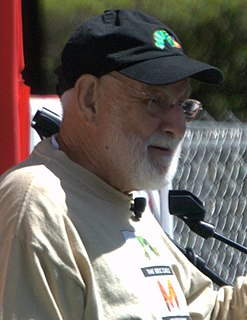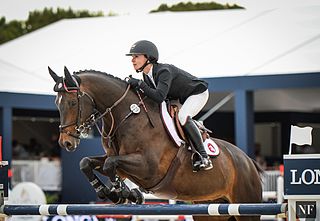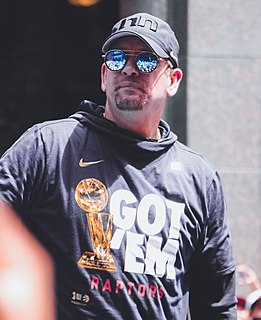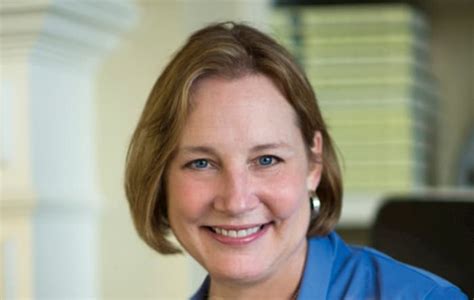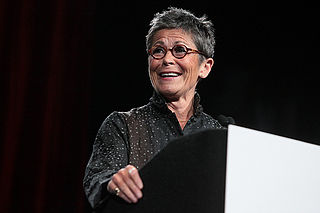A Quote by Jim Butcher
When a young writer comes up to me with an ambitious idea for a 20-book series, I usually tell him to maybe try something smaller to start off with.
Related Quotes
I would also suggest that any aspiring writer begin with short stories. These days, I meet far too many young writers who try to start off with a novel right off, or a trilogy, or even a nine-book series. That's like starting in at rock climbing by tackling Mt. Everest. Short stories help you learn your craft.
I like the idea of standalone novels. I always found with series of books, it's something that publishers love obviously because they can make a lot of money and they build an audience from book to book, but I don't like that as a writer. I prefer the idea of just telling a story, completing it within your book, and moving on and not forcing a child to read eight of them.
I first heard the term "meta-novel" at a writer's conference in Tulsa, Oklahoma. The idea is that even though each book in a series stands alone, when read collectively they form one big ongoing novel about the main character. Each book represents its own arc: in book one of the series we meet the character and establish a meta-goal that will carry him through further books, in book two that meta-goal is tested, in book three - you get the picture.
I had to take a big risk by writing my young adult book series 'The A Circuit' and putting myself out there in that way. I don't consider myself a good writer, so I had to rely on a co-writer. Still, I knew that people would judge me and my writing. I am really proud of the way the series turned out.
We're living history all the time, in the papers, in the news, you think about stuff and it goes into your brain and you think about it and it comes out somehow. You have an idea; you've heard a phrase, or you're angry, or something disturbs you, or something seems paradoxical to you, you explore that idea, much like a writer would explore maybe an idea through metaphor. Maybe artists use their vehicle to explore ideas, so I think the things that interest me are the kind of idea of continuous change and how nothing stays the same and it's always disintegrating into something more.
I was writing at a really young age, but it took me a long time to be brave enough to become a published writer, or to try to become a published writer. It's a very public way to fail. And I was kind of scared, so I started out as a ghost writer, and I wrote for other series, like Disney 'Aladdin' and 'Sweet Valley' and books like that.
I think the 'Just say no' mentality is so crazed. I saw a thing in a women's magazine the other day. 'He smokes cannabis, what am I to do? He laughs it off when I try to tell him, he says it's not really harmful...' Of course you're half hoping the advice will be, 'Well, you know it's not that harmful; if you love him, if you talk to him about it, tell him maybe he should keep it in the garden shed or something,' you know, a reasonable point of view. But of course it was, 'No, no, all drugs are bad. Librium's good, Valium's good. But cannabis, ooooh!' I hate that unreasoned attitude.





